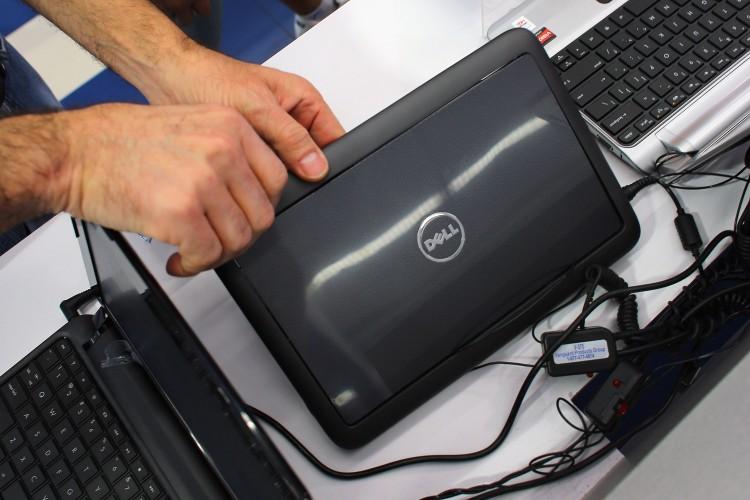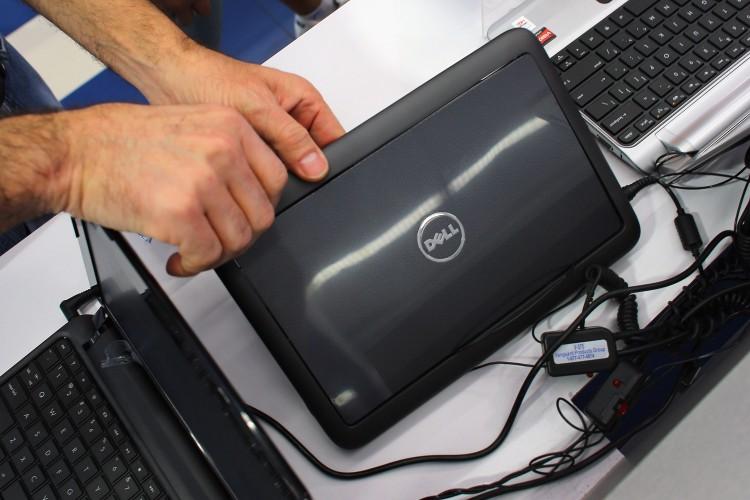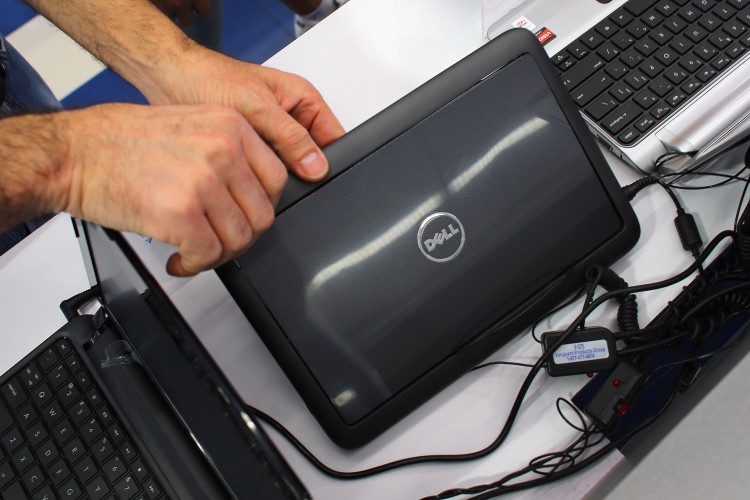U.S. computer maker Dell Inc. announced Feb. 5 that the board accepted a $24 billion bid by CEO and founder Michael Dell to take the company private. Private Equity firm Silver Lake and Microsoft also form part of the consortium.
“I believe this transaction will open an exciting new chapter for Dell, our customers and team members. We can deliver immediate value to stockholders, while we continue the execution of our long-term strategy and focus on delivering best-in-class solutions to our customers as a private enterprise,” said Michael Dell.
Speculations about the largest private equity transaction since 2008 first emerged on January 14. The share price has since then risen roughly 25 percent to $13.42 Feb. 5. Michael Dell and Silver Lake are bidding $13.65 per share. The difference in price means the market is pricing in a small probability that the deal won’t go through.
The proposal includes the possibility for Dell to solicit a higher bid within 45 days, but analysts think that a higher bidder won’t turn up. “Despite the low valuation, we believe the emergence of a superior bid is highly unlikely given the idiosyncrasies of this deal where Michael Dell has a large equity stake (14 percent of the company) and also considering the $2 billion investment from Microsoft,” writes Deutsche Bank in a note.
Financing of Deal Complex
While it is clear that Michael Dell will take the lead in the leveraged buyout, the deal is complex in terms of financing.
According to the last proxy statement filed with the SEC in May 2012, Michael Dell owns 244,926,659 shares in the company, or 14.1 percent of the company. The stake is worth $3.34 billion at the bid price of $13.65. In addition, Forbes ranks Michael Dell at number 22 of the richest Americans with a net worth of $14.6 billion including his Dell shares.
“I have put a substantial amount of my own capital at risk,” says Dell who will draw on his own fortune to fund the acquisition. His cash is managed through MSD Capital LP, a New York based investment firm, which exclusively works for Dell.
As of September 30, 2012, MSD capital only had investments in public equities of $561 million, according to a SEC filing. The rest is tied up in private equity, real estate, special opportunity investments, or with other investment management firms. None of these other holdings need to be disclosed, but there will be enough cash on hand to supplement the deal. MSD declined to comment on the transaction.







